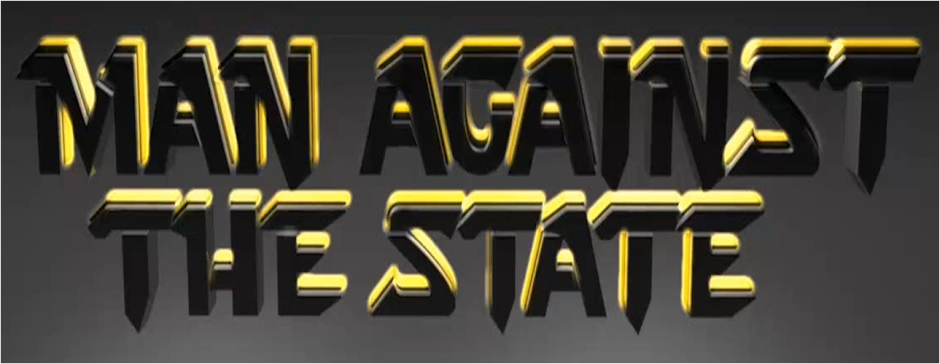How might child abuse be handled in a stateless society?
The Scenario
Single-father Bob physically abuses his 3-year old daughter, Jane. (Jane’s mother died while giving birth to her, and there is no extended family.) A nursery nurse becomes suspicious that Bob may be mistreating Jane. She informs the charity Friends-of-Babies, which investigates cases of child abuse, and re-homes abused children. Friends-of-Babies investigate the allegations made by the nurse. They make an assessment, and conclude that Bob is indeed abusing Jane, and that she would be better off if she were removed from that situation, and re-homed with loving foster parents.
A Free Market in Law
Law is the resolution of disputes. What is being disputed here is the ownership right to raise Jane. Bob currently owns this right, and the Friends-of-Babies organization is challenging him for it; they are claiming it for themselves. Assuming Bob objects to the charity’s claim, there is a dispute and the case will go to court. The court will award the right to raise Jane to one disputant or the other.
Free markets produce according to consumer demand. Free market firms strive for excellence in satisfying consumers, and firms that fail to use resources efficiently for this purpose do not survive the competition. This is as true for a free market in the law industry as it is for any other industry. The laws that are produced are those that consumers demand. If free market courts produce laws that are seen as unfair or unjust, they will lose customers. For a free market court, a reputation for honesty, fairness, wisdom and good judgment is essential for continued business.
Friends-of-Babies present their evidence to the court. The court becomes convinced that Bob is an abusive parent. Now they must make their decision. Child abuse, of the kind Bob committed, is widely considered by individuals in society as sufficient justification for intervention; this child needs rescuing. Therefore the court will likely decide in favor of Friends-of-Babies. They would not want to be known as an organization that lets child abuse continue. Following the court decision, Bob must give up Jane to the charity. If he resists, the charity can physically take Jane from him, and Bob has no grounds to complain. Thus Jane is rescued from her abusive father, and is soon found a loving new home.
Some Objections
Now a few objections to this scenario…
1. What if Friends-of-Babies doesn’t exist?
Lots of people feel strongly about protecting children from abuse, and would be willing to donate to such an organization, so we may be confident that such charities will exist.
2. What if Bob doesn’t agree to go to court?
As with any dispute, the alternative to arbitration is a martial contest, which neither disputant wants. If Bob is innocent, he has incentive to go to court to defend himself against the spurious claim. If Bob is guilty, he still has an incentive to go to court, if only because the consequences of not going to court would be worse. With a court decision, the harm that Friends-of-Babies inflicts on Bob is strictly limited, but if Bob refuses to go to court (makes himself an outlaw), the actions taken against him could be much more severe.
3. How do you define ‘abuse’?
That is to be decided by the consumers of laws. There will always be different opinions about what actions justify intervening in the parent-child relationship. The variation will be reflected in the choice of laws offered to consumers, and could vary significantly between cultures. With no monopoly on law, there is no need to search for an ‘objective’ definition, and no need for universal agreement on the definition.
4. Isn’t this just kidnapping, and aggression against Bob?
See note…
5. Doesn’t this imply parental obligations, and “positive rights”?
See note…
Conclusion
I have outlined how child abuse might be handled in a stateless society, with free markets in law and child protection. For all the usual reasons that free markets are better than monopolies, we would expect the laws produced and the protection given to children to be superior with the free market system. Therefore, all other things being equal, children will be safer and child abuse will be far less common without the State.
Note
The last two objections involve libertarian legal theory. My answer is that this court decision may well be consistent with libertarianism. To understand how this could be the case, see Walter Block’s Libertarianism, positive obligations and property abandonment: children's rights, and Stephan Kinsella’s How We Come to Own Ourselves.

Term of international law is used to refer the positions of crimes in any country or any free state.
ReplyDelete